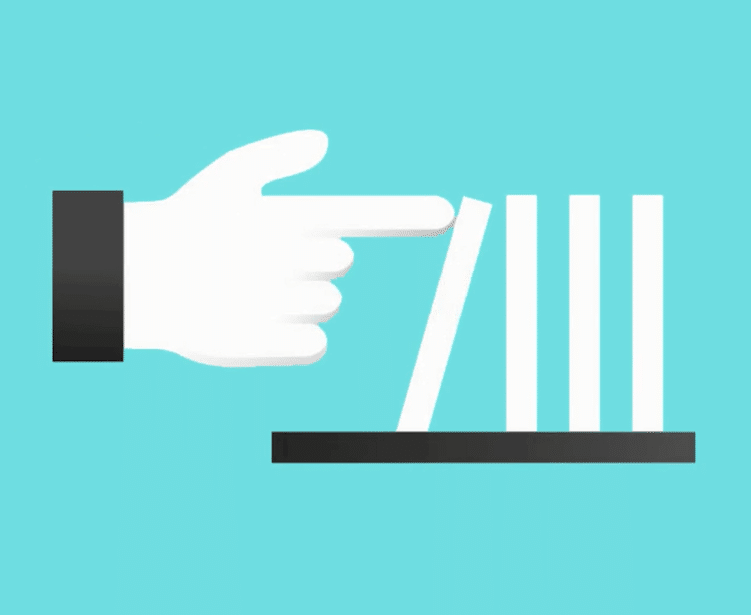Effects of Nudges

While the goals and autonomy arguments are arguably mentioned most frequently in critiques of the nudge approach to behavior change, the effects of nudges are also an important ethical consideration. These may relate to two aspects: Nudge effectiveness (the strength of their impact) and unintended effects.
Effectiveness
With respect to the effectiveness of nudges, critics point either to a lack of evidence to-date, showing a link between nudges and genuine behavior change, or to theoretical arguments in favor of more traditional approaches, especially to produce long-term effects. If a nudge succeeds at making me floss my teeth for a week, has it also successfully changed my preferences with regards to oral health? Since a nudge (particularly the Type 1 kind) does not stimulate reflection, it is less unlikely to create the knowledge, dissonance, or evaluation required to change people’s beliefs, attitudes and behavior in the long term.
The effectiveness of nudges can also be reduced among some groups if nudgers don’t take those groups’ unique circumstances and preferences into account. Programs designed to increase savings rates among low-income families, for example, may fail if households face liquidity constraints.
Unintended Effects
There are various reasons why nudges may lead to unanticipated consequences as well.
In some cases, a nudge may produce reactance. For example, defaults may reduce perceived choice autonomy among consumers, who then react negatively to the attempt to steer their choice. As a result, they may switch away from the default. Behavioral interventions may backfire in other ways as well. Research in a school setting, for example, found that students who were given an attendance award subsequently missed more classes than those in a control group—they may have felt licensed to attend school less. Similarly, research on the effect of descriptive norms on energy use found a boomerang effect (increased consumption) for those households whose past energy consumption was below the norm.
Nudges that have a positive effect on the target behavior may also have unintended side effects in other areas. Results from another field experiment on energy use, for example, showed that households receiving regular feedback on their water consumption effectively lowered it, but then increased their electricity use. In a field experiment with a charity, donation reminders had a positive effect on some people’s giving, but at the same time they led to avoidance behavior among others who unsubscribed from the mailing list. Elsewhere, nudges to decrease disposable bag use had the negative side effect of increased waiting times at supermarket checkouts. Finally, research has shown a correlation between dietary healthfulness and food waste. This suggests that programs promoting healthy diets (and increased consumption of perishables) will lead consumers to throw away more food.
Economists think of the consequences of behavioral nudges in terms of welfare effects for different stakeholders. While a nudge may be associated with benefits for the nudged on average, sub-groups may experience a reduction in welfare. For example, a study on food calorie labeling found that people with low self-control experienced mostly the “emotional tax” associated with only very little of the behavioral adjustments that would provide them with benefits.
Unintended effects, particularly if they affect one group of people more than others, have important implications for the justice and fairness associated with behavioral science interventions.
Having outlined ethical concerns about nudgers’ goals, the nudged’s autonomy, and nudges’ effects, the next lesson will respond to these worries by broadening the debate and making some practical suggestions for behavioral science practice.